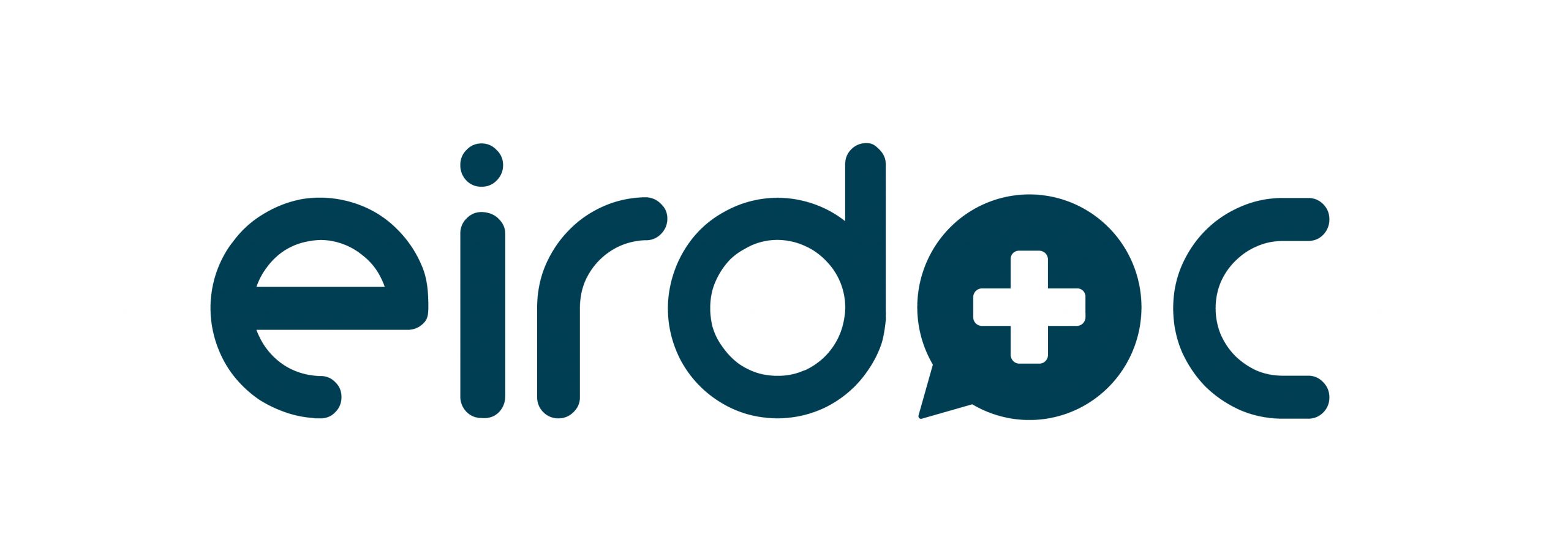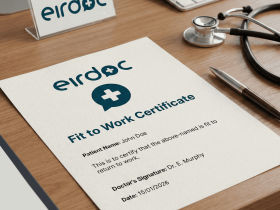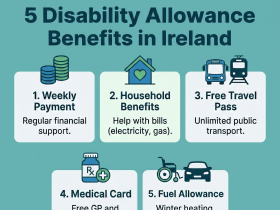
Introduction
Life insurance in Ireland is your safety net. It ensures that your loved ones can maintain their standard of living, cover medical and education costs, and handle daily expenses without financial burden should anything happen to you. Think of it as more than just immediate financial relief; it offers long-term security and peace of mind.
If you are living in Ireland, you might be prompted to look for coverage during major life milestones. It is natural to want to secure your investments and savings when purchasing a home, starting a family, or planning for retirement. Like many others, you are likely considering a plan because you are getting married, moving in with a partner, having children, starting a business, or changing employment.
You will find a variety of options for life insurance in Ireland, and it can be a struggle to differentiate between the plans. At first, comparing quotes from providers like Irish Life, Zurich, and Aviva can feel overwhelming.
However, policies vary significantly between competitors. It is vital to understand which plan works for you according to your specific needs, budget, and future goals.
What is Life Insurance?
Simply put, life insurance is a contract between you and an insurance provider. The company promises to pay a lump sum to financially safeguard your loved ones in exchange for your premium payments. It protects against the risk of lost income in the event of death or, in some cases, serious illness.
Life insurance in Ireland is regulated by the Central Bank. These regulations provide a framework to streamline procedures, claims, and arbitration, protecting both you (the customer) and the providers.
When looking for a plan, you will generally encounter three main categories based on the time period you need to cover: Term Life Insurance, Mortgage Protection, and Whole of Life (Lifelong) Insurance
Term Life Insurance
A contract for a specific amount of time (usually between 2 and 40 years). If you die or become ill during this term, your family is financially covered.
Whole of Life Insurance
A permanent plan that guarantees a payout to your beneficiaries whenever you die, provided you have kept up with premiums.
Mortgage Protection
Insurance: Designed specifically to pay off the outstanding balance on your home loan if you die. This protects your family from inheriting the debt or losing the house.
Types of Life Insurance in Ireland
1. Term Life Insurance
Term life insurance is a coverage plan that helps your family financially if you die or (depending on the policy) become seriously ill during a designated period. You set an amount to pay regularly for a set time, typically between 2 and 40 years. If you pass away within that window, the policy pays out to your dependents.
Key Benefits:
- A valuable tool for protecting loved ones during high-expense years (e.g., while raising children).
- Provides financial security for a specific timeline.
- Often the most affordable option with lower monthly premiums.
- Flexibility to convert to a lifelong insurance plan later.
2. Whole of Life Insurance (Lifelong)
A lifelong insurance policy covers you for your entire life, rather than a set term. As long as you maintain your premium payments, a payout is guaranteed upon your death.
Key Benefits:
- Provides lifetime coverage with guaranteed payouts.
- Fixed premiums that generally do not increase with age or changes in health.
- Financial security for dependents to cover funeral costs or outstanding bills.
- Some policies provide coverage if you are diagnosed with a terminal illness
3. Pension Life Insurance (Pension Term Assurance)
This plan covers you specifically until your retirement age. If you die during the policy term, your beneficiaries receive a lump sum. It creates a safety net during your working years.
Key Benefits
- Dependents receive a guaranteed tax-free lump sum if you die during the term.
- Tax Relief: You can claim tax relief on the premiums, making it very cost-effective.
- Often costs less than standard term plans if you are eligible for the tax relief.
- Premiums are generally stable, and it covers you even if you are self-employed.
Health Insurance vs. Life Insurance in Ireland
It is important to distinguish between health and life coverage.
Public vs. Private Health: In Ireland, the public healthcare system (HSE) offers treatment to all citizens, and medical cards provide free GP access to some. However, public systems often face long waiting times for non-urgent procedures.
Private Health Insurance helps you cover the cost of private medical care. The main benefits are faster access to treatment, a wider choice of consultants, and better accommodation during hospital stays. This sector is regulated by the Health Insurance Authority (HIA) and includes providers like Vhi Healthcare, Laya Healthcare, and Irish Life Health
While Health Insurance pays for your medical bills while you are alive, Life Insurance pays a lump sum to your family after you are gone (or if you are critically ill, depending on the cover).
Mortgage Protection Insurance
Mortgage protection is strictly designed to pay off your home loan if you die before the mortgage is cleared.
Key Benefits:
- Provides housing security for your dependents.
- Ensures homeownership is not lost due to an inability to pay the mortgage after a death.
- Offers peace of mind to you and your bank.
- Premiums usually remain fixed for the entire policy period
Income Protection Insurance
Income Protection is one of the most reliable forms of security. It pays you a replacement income each month if you are ill or injured and cannot work. Unlike life insurance (which pays out on death), this supports you while you are recovering.
Key Benefits:
- Provides a regular cash flow to replace lost earnings.
- You can claim tax relief on the premiums.
- Protects your lifestyle and dependents while you are unable to work.
- Policy flexibility and customisation.
- Many providers offer rehabilitation support to help you get back to work.
Conclusion
A robust insurance portfolio is your greatest asset in providing financial security to your family. Whether it is a Life Insurance plan to secure your family’s future in the event of your death, or Income Protection to support you during illness, these policies provide invaluable peace of mind.
Eirdoc is your valuable resource for comparing life and health insurance policies. We help you navigate the options to find the suggestions that get you the most value for your money.
-
How much does life insurance cost on average in Ireland?
The cost depends on several factors, primarily your age, health status, the amount of coverage (sum assured), and the length of the term
-
Is it mandatory to have mortgage protection in Ireland?
Yes. In almost all cases, having a mortgage protection plan is a legal requirement for new mortgages. Lenders will generally not release funds until a policy is in place
-
Can I combine health and life insurance?
You have the option to hold both, but they are purchased as separate policies. They cover different risks and are usually managed separately.
-
Can I get tax relief on my life insurance premiums?
Generally, you cannot get tax relief on personal term life insurance premiums. However, tax relief is available on Pension Term Assurance and Income Protection premiums, which can result in significant savings.






Leave a Reply